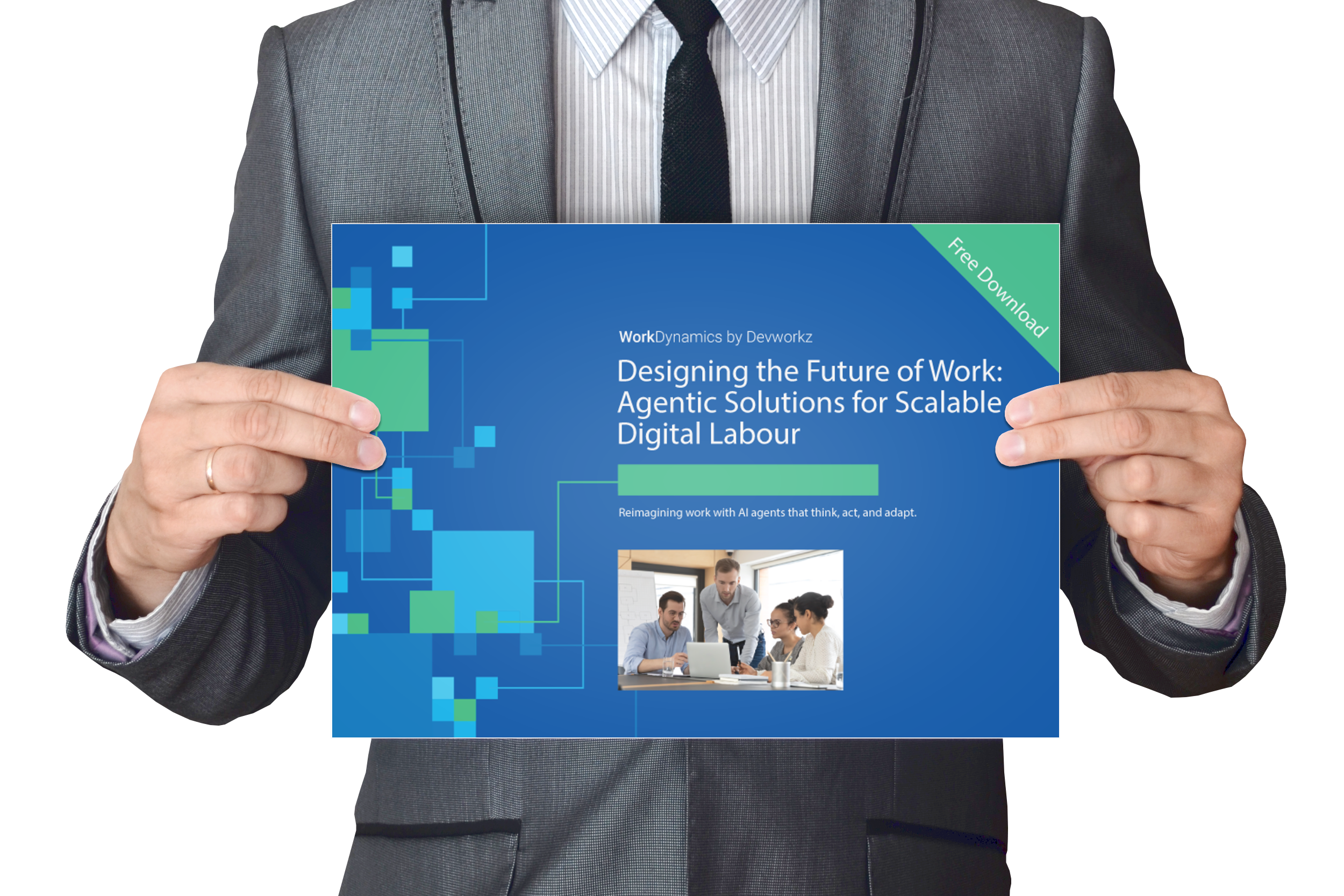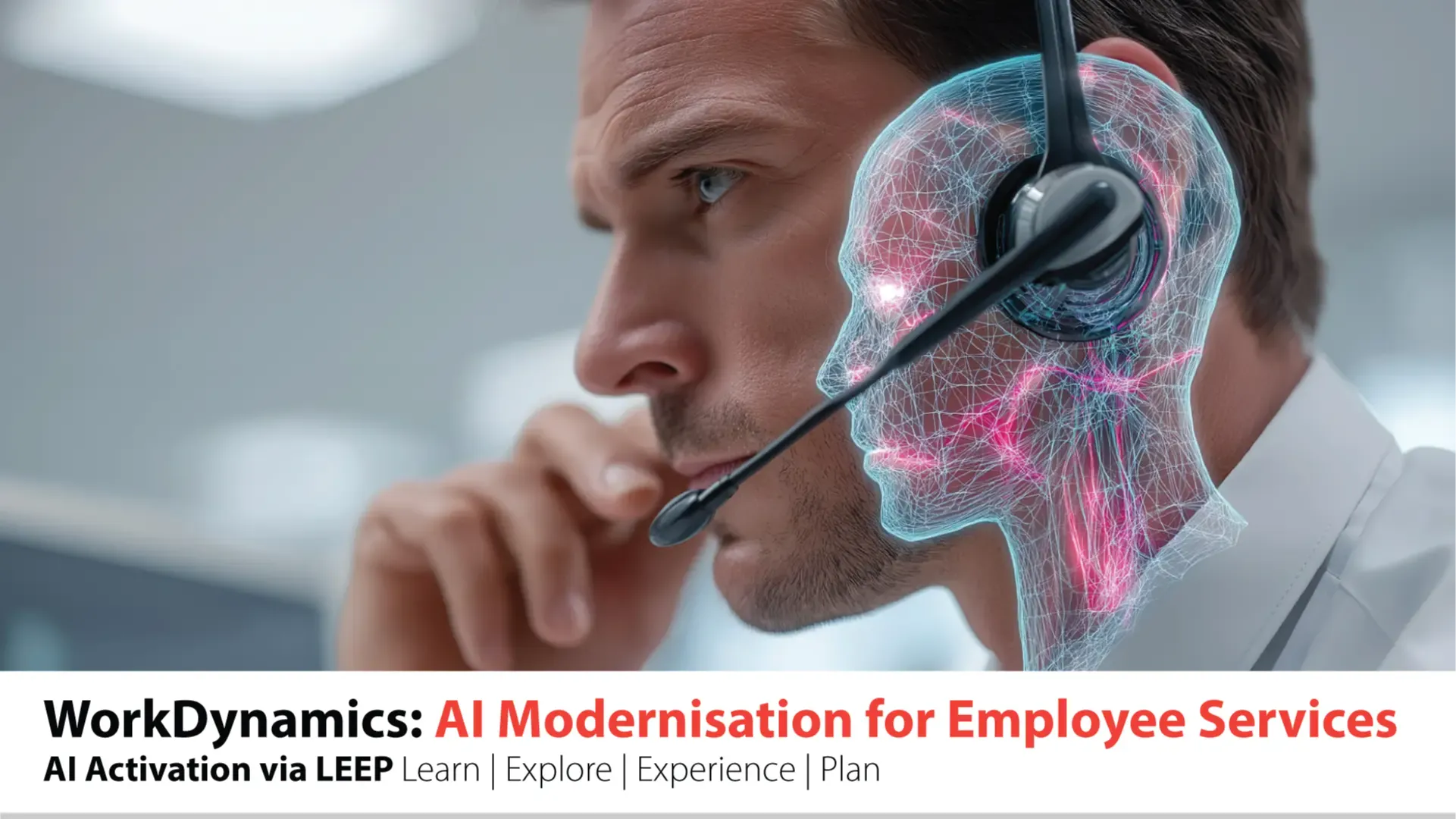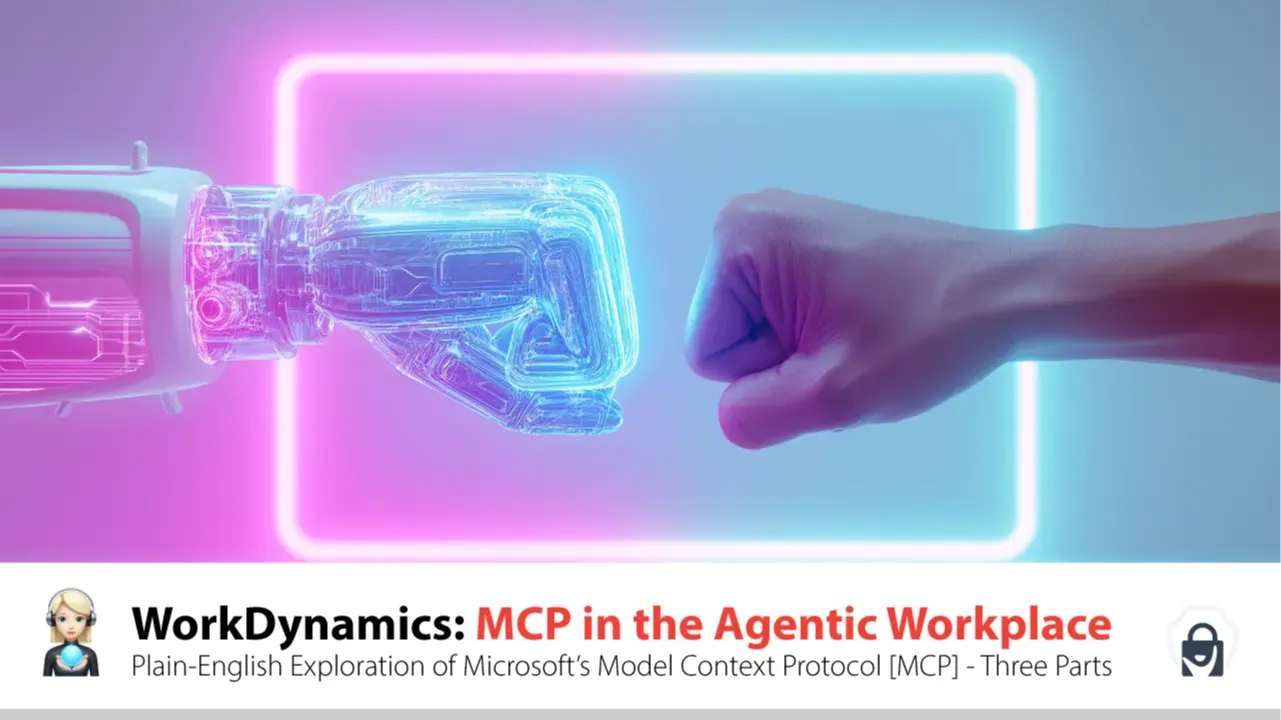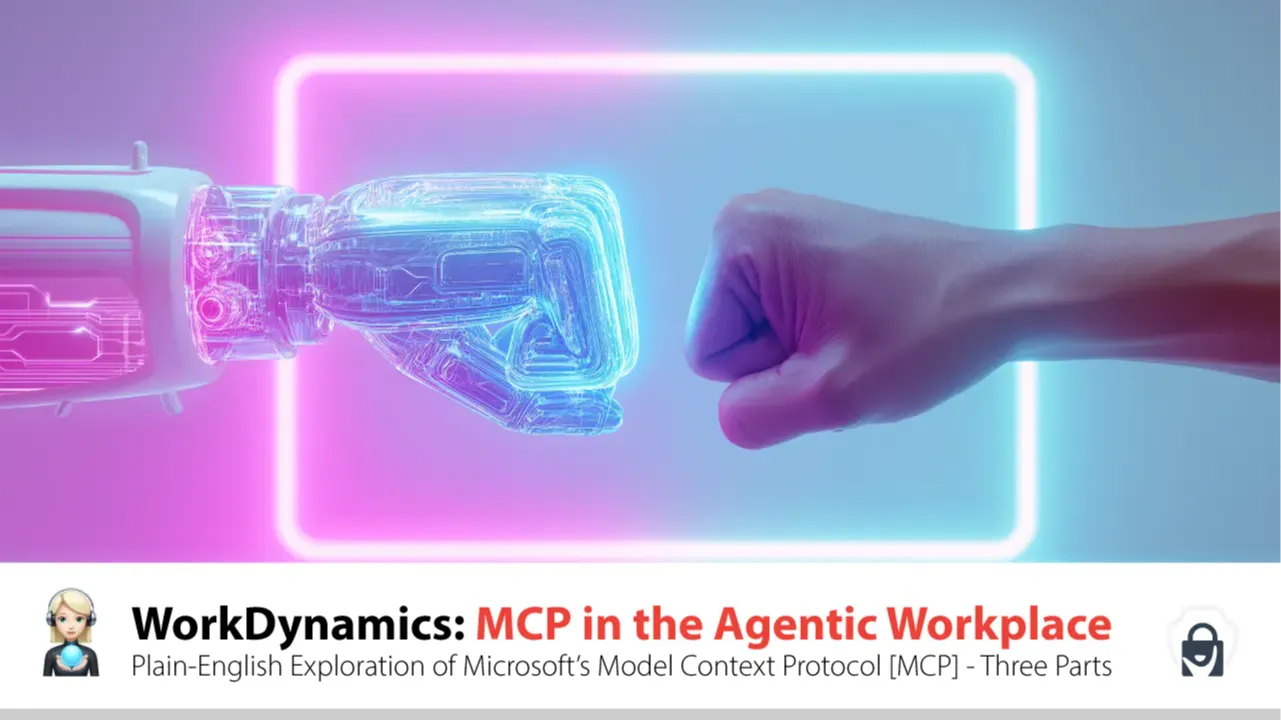AI-Native Applications Redefining Business Systems
Jul 01, 2025
Beyond Determinism: How AI-Native Applications Are Redefining Business Systems
In the world of traditional software development, deterministic logic has long been the foundation of system design. These systems operate on fixed rules, static data values, and predefined workflows. Contextual logic is typically built using rigid if-then statements, hardcoded routings, and integrations that assume predictable behavior. While this approach has served well in structured environments, it struggles to adapt to the fluid and complex nature of modern work.
As organizations increasingly embrace agile methodologies, distributed teams, and dynamic workflows, the limitations of deterministic systems become more apparent. Static rules and time-based triggers—such as marking a task “Due” after two days or “Critical” after four—fail to capture the nuanced realities of task progress, interdependencies, and strategic value. This is where AI-native applications and agents come into play, offering a fundamentally different approach to system design and task management.
The Rise of Non-Deterministic SLAs
One of the most transformative shifts enabled by AI-native systems is the move from deterministic to non-deterministic Service Level Agreements (SLAs). Traditional SLAs are rigidly tied to timestamps. They define task urgency based solely on the time elapsed since creation, without considering how the task is progressing or what impact it has on the broader workflow.
Non-deterministic SLAs, on the other hand, are context-aware and adaptive. They incorporate factors such as task complexity, dependencies, and strategic importance. For example, a Progress-Based SLA evaluates whether a task is advancing at the expected rate. If a task is only 10% complete by Day 3 when it should be halfway done, it is flagged as “Behind Schedule,” prompting early intervention. This approach prevents last-minute firefighting and supports continuous delivery.
A Dependency-Aware SLA shifts the focus from isolated timelines to workflow interdependencies. A task may appear on track, but if it’s blocking a critical downstream deliverable, it becomes a priority. AI agents can detect these relationships and reallocate attention accordingly, ensuring smoother project execution.
The Effort-to-Impact SLA introduces strategic prioritization. AI-native apps assess the effort required versus the potential impact of a task. A low-effort, high-impact task that remains untouched is flagged as “Neglected High Value,” encouraging teams to act on quick wins that deliver outsized benefits.
These SLA models reflect a deeper understanding of work dynamics and align more closely with human decision-making. They are not just reactive—they are predictive, proactive, and strategic.
Traditional Coding vs. AI-Native Systems
To understand the significance of this shift, it’s important to compare the underlying philosophies of traditional coding and AI-native systems.
Traditional coding is deterministic by nature. Developers write explicit instructions that the system follows without deviation. The logic is static, and any change requires manual intervention. These systems are excellent for predictable, repeatable tasks but struggle with ambiguity, change, and complexity.
AI-native applications and agents, by contrast, are built to interpret context, learn from patterns, and respond dynamically. They don’t just execute instructions—they make decisions. They adapt to new information, optimize workflows in real time, and handle uncertainty with grace.
This difference is especially evident in task management. In a deterministic system, a task’s status is binary—it’s either on time or late. In an AI-native system, the status is fluid. The system considers progress, dependencies, historical performance, and even team behavior to determine whether a task needs attention.
Characteristics of Non-Deterministic AI
Beyond contextual awareness, task complexity, and workflow dependencies, non-deterministic AI systems are defined by several other key characteristics:
-
Probabilistic Reasoning
AI systems operate on probabilities rather than fixed outcomes. They evaluate multiple possible paths and select the most likely or optimal one based on available data. -
Learning from Data (Adaptivity)
These systems learn from new data and adjust their behavior over time. They improve with use, becoming more accurate and efficient. -
Uncertainty Handling
AI can make decisions even when inputs are incomplete or ambiguous. Techniques like Bayesian inference and fuzzy logic allow for robust decision-making under uncertainty. -
Emergent Behavior
In complex environments, AI agents can exhibit emergent behavior—patterns or actions that arise from interactions within the system rather than being explicitly programmed. -
Goal-Oriented Autonomy
AI agents pursue goals rather than follow instructions. They evaluate multiple strategies and adapt to achieve desired outcomes. -
Multi-Modal Input Processing
AI systems can interpret and integrate diverse data types—text, images, voice, sensor data—into their decision-making processes. -
Real-Time Feedback Loops
These systems continuously monitor their environment and adjust their actions based on real-time feedback, ensuring responsiveness and agility.
Together, these characteristics enable AI-native systems to operate in environments that are too complex, dynamic, or uncertain for traditional software.
The Strategic Imperative of AI Modernisation
This shift toward AI-native applications and non-deterministic SLAs is not just a technological evolution—it’s a strategic imperative. At Devworkz, our AI Modernisation Program is designed to guide organisations through this transformation, helping them move beyond legacy systems and deterministic logic into a future powered by intelligent agents and adaptive workflows.
Through a structured three-step journey—Learn, Explore, Activate—we equip teams with the knowledge, tools, and hands-on experience needed to build AI-native applications that respond to real-world complexity. Whether it's modernising SharePoint environments or deploying agents like Ava, Mia, Nova, and Riley, our program ensures that AI is not just implemented, but embedded into the heart of business operations.
In a world where agility, insight, and responsiveness define success, AI Modernisation is the foundation for continuous innovation and enterprise-wide impact.
Conclusion
The transition from deterministic logic to adaptive intelligence marks a new era in software development and task management. AI-native applications and agents offer a smarter, more responsive way to manage work, one that reflects the complexity and dynamism of the modern enterprise. By embracing non-deterministic SLAs and intelligent orchestration, organisations can unlock new levels of efficiency, resilience, and strategic focus.
As the digital workplace continues to evolve, the question is no longer whether to modernise—but how quickly and effectively it can be done. With the right tools, mindset, and partners, the future of work is not just intelligent—it’s transformative.
Enrol in our next AI Modernisation Intake.





